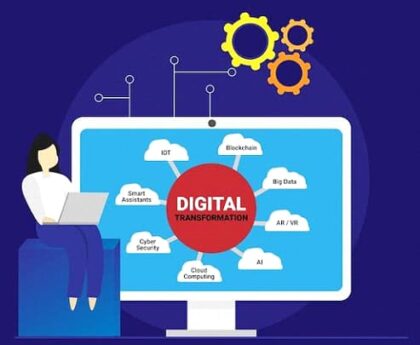A study of the effectiveness of various educational programs based on statistical data on student performance and achievement.
Introduction:
The success of educational programs is a key indicator of their effectiveness and impact on learners. This topic explores how successfully educational programs achieve their goals by measuring learning, skill development, goal attainment, and overall student satisfaction. Statistical data allows the success of different educational programs to be measured and compared.
Assessment of Knowledge and Learning Levels:
Statistics on student performance in a particular educational program can show how successful the program is in helping students learn the material and develop the necessary skills. This may include results from exams, testing, and practical assignments.
Graduates and their Achievements:
A study of statistics can show how successful graduates of the program integrate into real work environments or continue their education at a higher level. This may include data on job placement, career success, and attainment of additional educational degrees.
Student Satisfaction:
Analysis of survey statistics and feedback from students provides insight into how satisfied students are with the quality of the program, teaching methods, and overall organization of the learning process.
Application of Knowledge in Practice:
Examining statistics on the application of program knowledge to real-world practice can reveal how effectively the program prepares students for real-world challenges and tasks.
Comparison with Competitors:
Statistics can compare the success of an educational program to similar programs at other institutions. This can help identify competitive advantage or areas for improvement.
Cost Levels and Profitability:
A study of statistics can assess the relationship between the costs of an educational program and the results achieved. This can assess the cost-effectiveness of the program for the educational institution and students.
Dynamics of Success:
Analysis of statistics over time can reveal changes in program success and identify trends that may be related to changes in instructional methods, staffing, and other factors.
Adaptation to the Labor Market:
A study of statistics can show how successfully program graduates are adapting to the needs of today’s labor market and the extent to which their skills and knowledge are in demand in real life.
Innovation and Success:
Statistics can show how innovative approaches, technologies and techniques affect the success of an educational program.
Investigating the success of educational programs through statistics allows not only to assess the effectiveness of instructional approaches, but also to make adjustments to optimize the program and maximize student outcomes.




